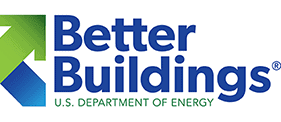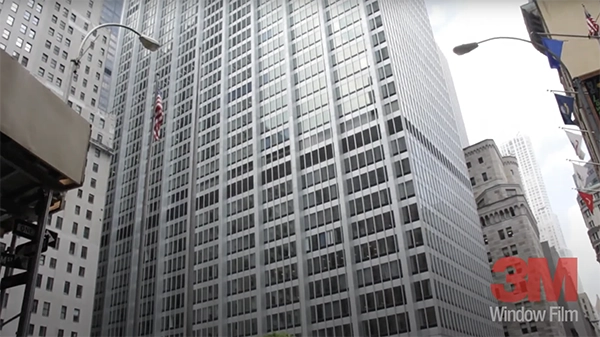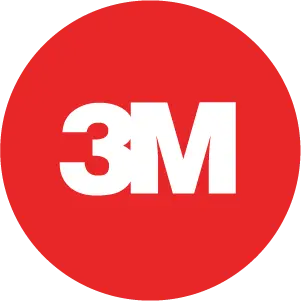Carbon Footprint Reduction
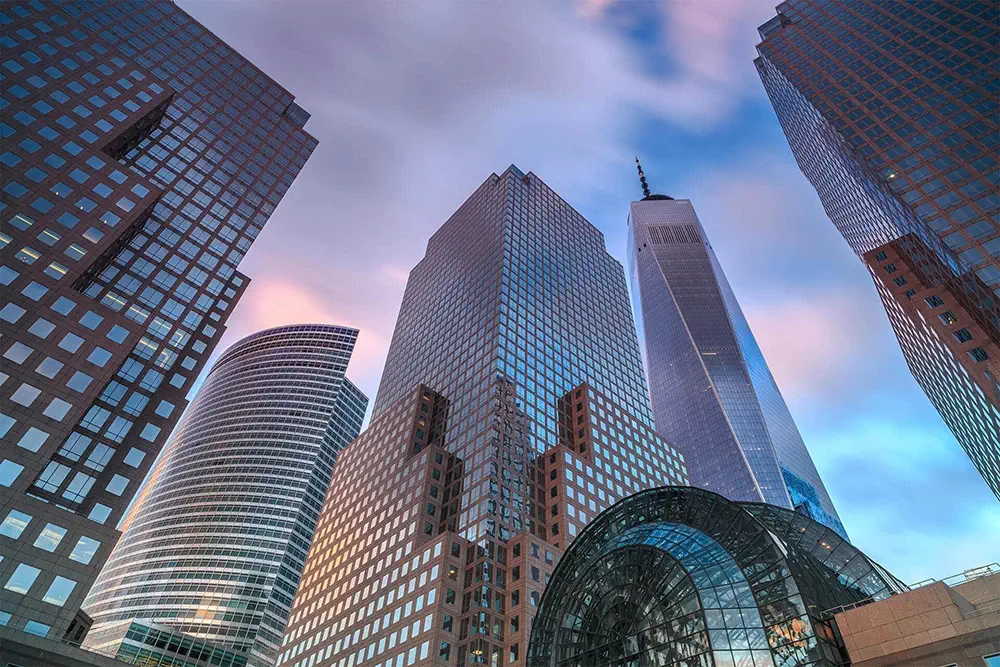
Achieve Local Law Compliance with 3M Window Film
American cities such as New York, Boston, and Washington, DC are mandating the carbon footprint reduction of large commercial buildings. Failure to comply will result in severe financial penalties levied by the city against the building. This new legislation is forcing building owners and other commercial property decision-makers to look beyond lighting and HVAC and to concentrate on envelope improvements.
The building envelope has been overlooked far too long. In most retro commissioning exercises, decision-makers address lighting and HVAC, yet fail to address the walls, windows, and roof of the structure.
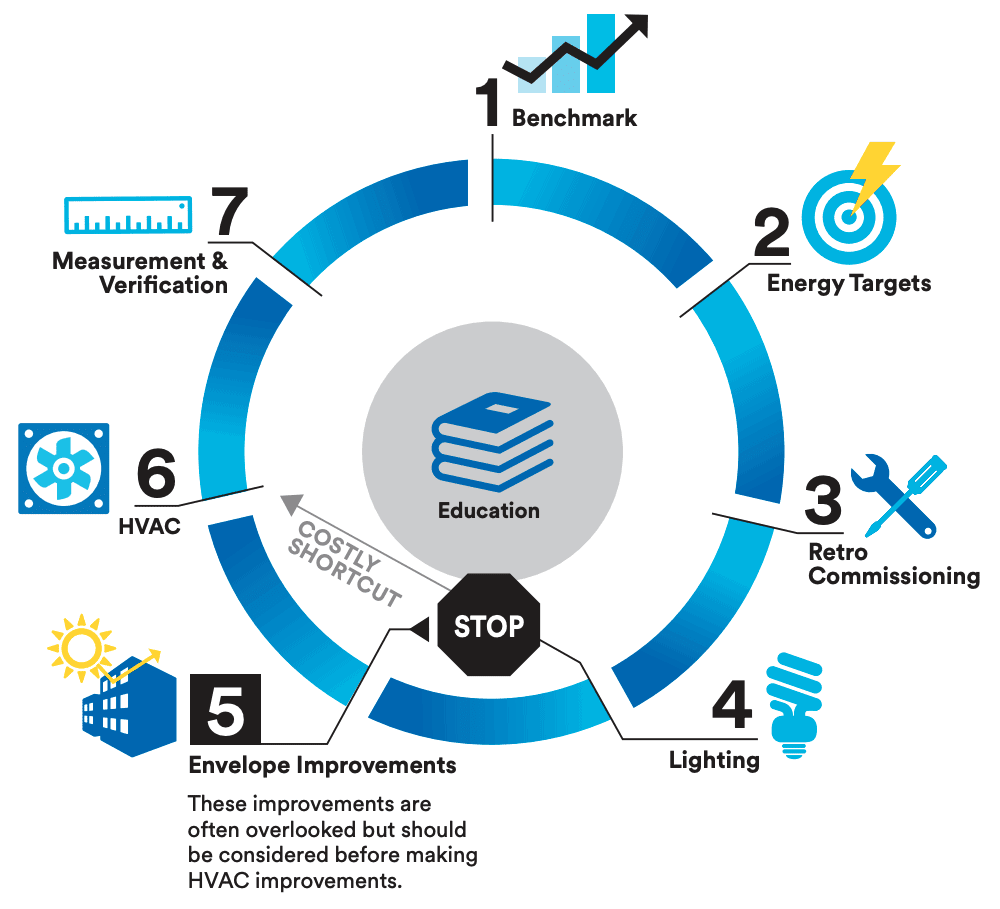
Significant energy savings is to be had by increasing the efficiency of a building’s envelope, including its inefficient glazing. According to the DOE, windows are responsible for as much as 30% of the total cooling load in commercial buildings.
Windows, no matter how old or new, are typically inefficient. 3M’s Thinsulate Climate Control Window Film is installed on existing glazing to decrease a window’s solar heat gain coefficient (heat gain) and U-value (heat loss). That translates to a 12-month reduction in energy consumption and a smaller carbon footprint.
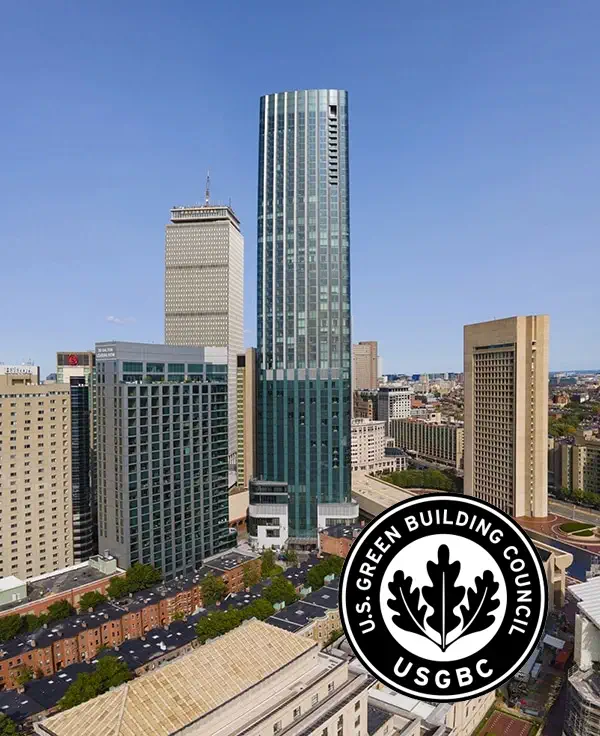
The value proposition of 3M Thinsulate Window Film includes:
- Reduce carbon footprint and energy consumption for local law compliance
- Reduce heating and A/C bills
- Turn single pane glass into double pane, or double pane glass into triple pane
- Faster and less expensive than replacing existing windows with no structural load implications
- Non-disruptive to tenants
- No visual impact (easy to receive historical society approval)
- Increase Energy Star Portfolio Manager score
- Warrantied by 3M Company (labor and material) for 15 years
- Earn LEED points
- Utility rebates, tax credits, and grant funding available
Learn more about each city’s carbon footprint reduction legislation.
